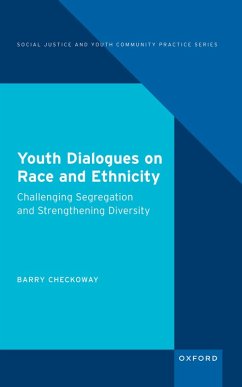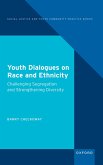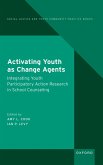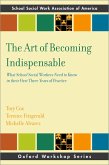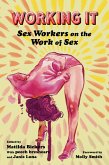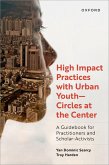Metropolitan Detroit is America's most segregated metropolitan area, but amidst segregation, there is also growing diversity, including increasing populations of African, Asian, Middle Eastern, and Latin American descent in some of Detroit's suburbs. While metropolitan areas like Detroit would benefit from discussion of the causes and consequences of these changes, there are few policy, media, or governmental vehicles for this purpose. Young people, on the other hand, are strategically situated to address some of the issues arising in areas that combine segregation and diversity. More than adults, adolescents often hold positive attitudes toward social justice. They want to communicate with people who are different from themselves and collaborate on projects across the segregated boundaries that separate them, if there are opportunities to do so. What are some strategies for increasing youth dialogues on race and ethnicity in metropolitan areas that are becoming simultaneously more segregated and diverse? In Youth Dialogues on Race and Ethnicity, Barry Checkoway describes the work of a specific university-community partnership program: Youth Dialogues on Race and Ethnicity in Metropolitan Detroit. Including an analysis of the program's origins and objectives, activities and accomplishments, facilitating and limiting factors, and lessons learned from practice, Checkoway provides an unprecedented example of young people working together across segregated boundaries to transform their lives and communities. He also examines youth dialogues as a process, young people as change agents, adults as allies and partners, and the anchor institutions that support this work. Indeed, the story is about much more than a single place, and raises larger questions about racial segregation, social diversity, intergroup dialogue, community planning, and metropolitan areas in societies that are changing.
Dieser Download kann aus rechtlichen Gründen nur mit Rechnungsadresse in A, B, BG, CY, CZ, D, DK, EW, E, FIN, F, GR, HR, H, IRL, I, LT, L, LR, M, NL, PL, P, R, S, SLO, SK ausgeliefert werden.

